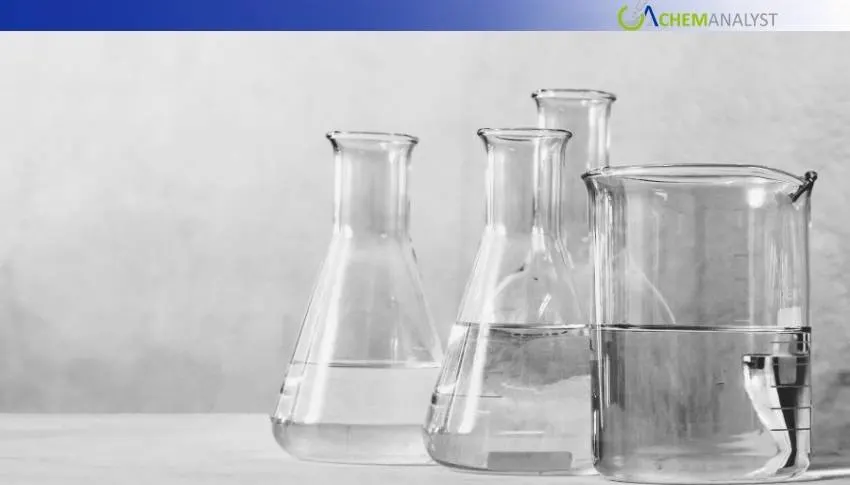Welcome To ChemAnalyst

At the start of Q3 2025, European Hexamethylene Diisocyanate (HDI) prices rose, driven by tight Hexamethylene Diamine supply, transport delays, and higher compliance costs. Feedstock costs increased as ammonia prices climbed after the EU’s ban on Russian and Belarusian imports, with Rhine transport issues and CBAM rules adding pressure. Demand stayed firm, supported by a 4% rise in car sales and a 48% jump in EV registrations, alongside steady use in infrastructure coatings. However, prices are expected to soften in the coming weeks as seasonal slowdowns ease demand and supply conditions improve.
At the beginning of the third quarter of xxxx, Hexamethylene Diisocyanate (HDI) prices increased in the European region. Output was impacted by limited availability of feedstock Hexamethylene Diamine, transport delays, and increased compliance expenses. Hexamethylene Diamine costs went up as ammonia prices climbed following the EU’s ban on Russian and Belarusian imports, while low Rhine River water levels and new CBAM rules added to the strain. At the same time, HDI consumption stayed firm, supported by a rise in automotive sales, especially electric vehicles, which lifted demand for HDI in coatings, adhesives, and sealants. In construction, weak housing activity was partly offset by steady use of HDI in protective coatings for infrastructure and civil engineering projects.
The production of HDI in Europe was affected in July due to tighter supplies of precursor Hexamethylene Diamine, transport delays, and higher compliance costs, which increased overall manufacturing...
We use cookies to deliver the best possible experience on our website. To learn more, visit our Privacy Policy. By continuing to use this site or by closing this box, you consent to our use of cookies. More info.
